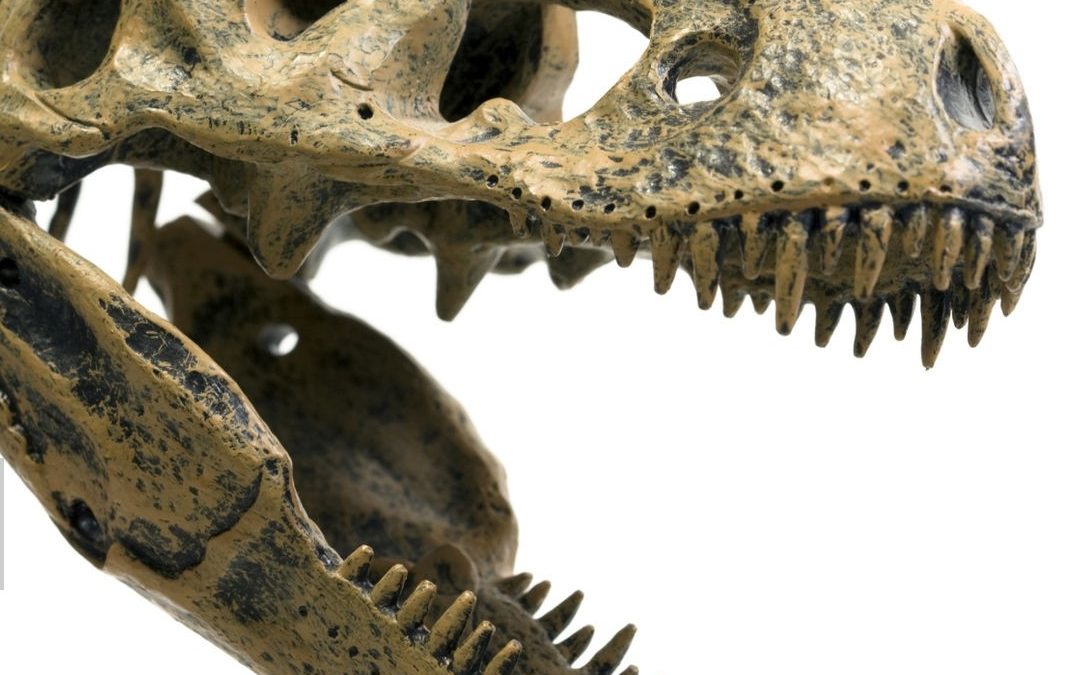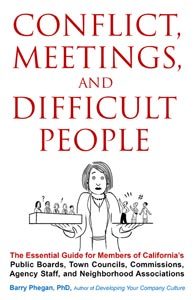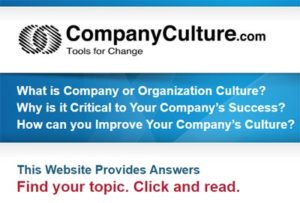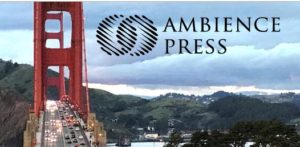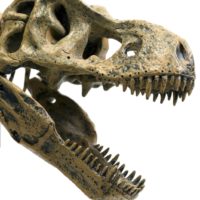 As we enter week eleven of COVID-19 shelter-in-place, I’ve been thinking of the universal law, “Nothing Exists In A Vacuum” — everything has a cause, everything comes from somewhere. So did COVID-19.
As we enter week eleven of COVID-19 shelter-in-place, I’ve been thinking of the universal law, “Nothing Exists In A Vacuum” — everything has a cause, everything comes from somewhere. So did COVID-19.
What changes set the stage for this unique coronavirus to spring across the animal-human boundary? For starters, we’ve violated Barry Commoner’s Four Laws of Ecology.
First Law of Ecology: Everything Is Connected to Everything Else
Every action has consequences. Natural systems have self-compensating properties that keep them stable. When stressed by human actions, natural systems like habitats and the climate can collapse.
Second Law: Everything Must Go Somewhere
Nothing “goes away.” In nature there is no “waste;” waste from one organism is perfectly balanced as food for another. By dumping our waste, we destabilize the environment.
Third Law: Nature Knows Best
The perfect balance of the natural world results from millions of years of finely tuned experiments. Man’s “Improvements” are like sticking a pencil into the back of a fine watch, hoping for better. Possible but highly unlikely.
Fourth Law: There Is No Such Thing as a Free Lunch
Every gain has a cost. Payment cannot be avoided though it might be delayed. By ignoring our stress on world ecology, “payment” (catastrophe) is always impending. Combining a Pandemic and hurricane
By ignoring these four laws we set the stage for this pandemic and other similar, perhaps unimaginably worse, catastrophes.
How COVID Crossed Over
While COVID-19 is unusual in jumping to people from animals, viruses are a natural part of the ecology. All animals harbor viruses. Many are useful — 30% of all protein adaptations in humans, since they diverged from chimpanzee-like apes, were driven by viruses.
Usually, the viruses remain with one host species because many barriers stand between each of us and a previously unknown infection hosted by an unfamiliar animal. But today, “With growing human populations increasingly encroaching on wildlife habitats, with unprecedented changes in land use, with wildlife and livestock transported across countries and their products around the world, and with sharp increases in both domestic and international travel, pandemics of new diseases are a mathematical near certainty.”
When a disease crosses human-animal barriers, it’s called a zoonotic disease. Throughout history, pandemic-like viruses and diseases are typically zoonotic.
Viruses, like all life forms, are opportunistic, filling any newly available ecological niche. We open new niches for microbes with our continual environmental changes from population growth and industrial expansion. Pandemics have been increasingly common; SARS, MERS, H1N1, Ebola, and now COVID-19.
With pandemics on the rise, our population expansion and economic growth based on environmental depletion may have reached a surprising limit. If so, there’ll be a fundamental re-ordering, an unprecedented need for radical change in how we see ourselves in relationship to the world. Perhaps a little less hubris, acceptance that mother nature knows better?
The Opportunity Ahead
Even trillions of dollars in national security do nothing to protect us from the consequences of the ecological-biological disruption that scientists and, ironically, national security agencies have warned of for decades.
The consequences of this pandemic may be underestimated because the very consequences of our limitless growth paradigm, which led to it, are not well understood.
But we already see the signals of what an adaptive, systemic reorganization might look like. Even the most conservative governments, with incompetent Covid-19 responses leading to high fatality rates, have been forced into drastic life-supporting actions, unimaginable just a few months ago.
In my wildest hopes, we’ll gradually reshape our worldview from an extractive economy to a restorative economy, restoring ecological balance, designing for the protection and flourishing of people and all living beings.
COVID-19 may be a wake-up call to rethink public policy on how we manage, or not, our cultural development. For example, we might invest more in renewable energy, require less destructive and wasteful manufacturing, and require more effective ways to recycle valuable minerals and raw materials.
In a hyper-tribalized world, can leaders reflect on and reconsider their role at this world-changing moment? Can they steer us to be more life-supporting? Or will they remain hell-bent on protecting narrow self-interests at the expense of humanity and our world?
Thank you for reading along with me. As always, I’d appreciate and value your comments, thoughts and experiences — and suggestions.
me, Barry Phegan
What we look forward to. ↓

